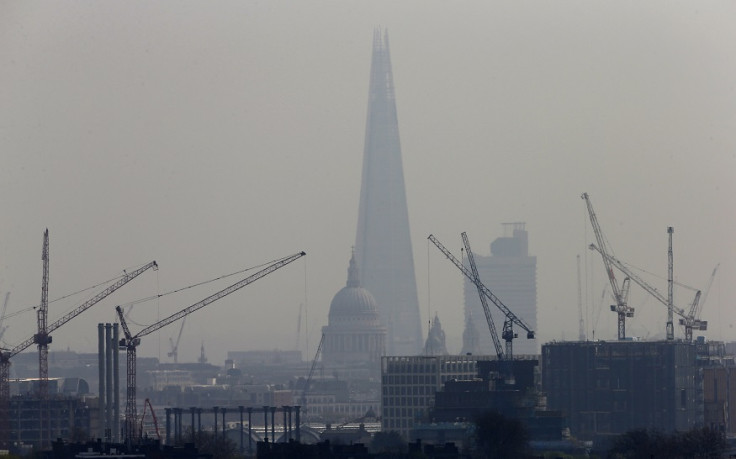Air pollution is a global public health emergency with dire consequences for society says WHO

The World Health Organisation (WHO) says air pollution is now a public health crisis in cities across the globe. The warning comes just weeks before WHO is to release its report revealing the number of deaths caused by air pollution.
"We have a public health emergency in many countries from pollution. It's dramatic, one of the biggest problems we are facing globally, with horrible future costs to society," WHO's public health chief Maria Neira was quoted as saying by The Guardian.
"Air pollution leads to chronic diseases which require hospital space. Before, we knew that pollution was responsible for diseases like pneumonia and asthma. Now we know that it leads to bloodstream, heart and cardiovascular diseases, too – even dementia. We are storing up problems. These are chronic diseases that require hospital beds. The cost will be enormous," Neira said.
Neira's comments come as WHO prepares to release its findings in February. WHO has collected data from 2,000 cities that will disclose the worsening of air pollution since 2014. A May 2014 WHO report said that only one in eight people live in cities that met its air pollution standards.
In UK, around 29,000 premature deaths per year result from air pollution, the UN reported. London already breached its annual pollution limit just one week into 2016, a Policy Change report by Richard Howard revealed. British Prime Minister David Cameron said before the expansion of Heathrow airport can begin, the growing threat of air pollution should be studied.
Across Europe, premature death from air pollution is at over 430,000 people per year, the European Environment Agency (EEA) has reported. Delhi and Beijing have also been finding it tough to tackle air pollution. According to the UN, nearly 1.4 million people die per year from air pollution illness in China, while 645,000 die in India and 110,000 in Pakistan.
© Copyright IBTimes 2025. All rights reserved.





















